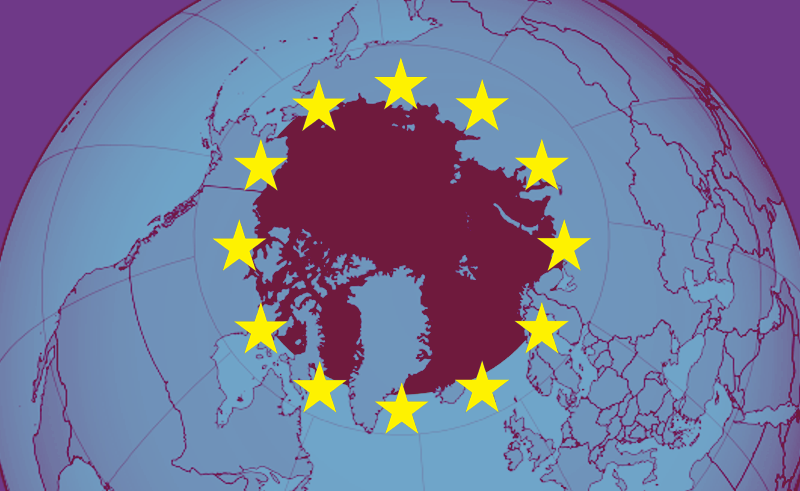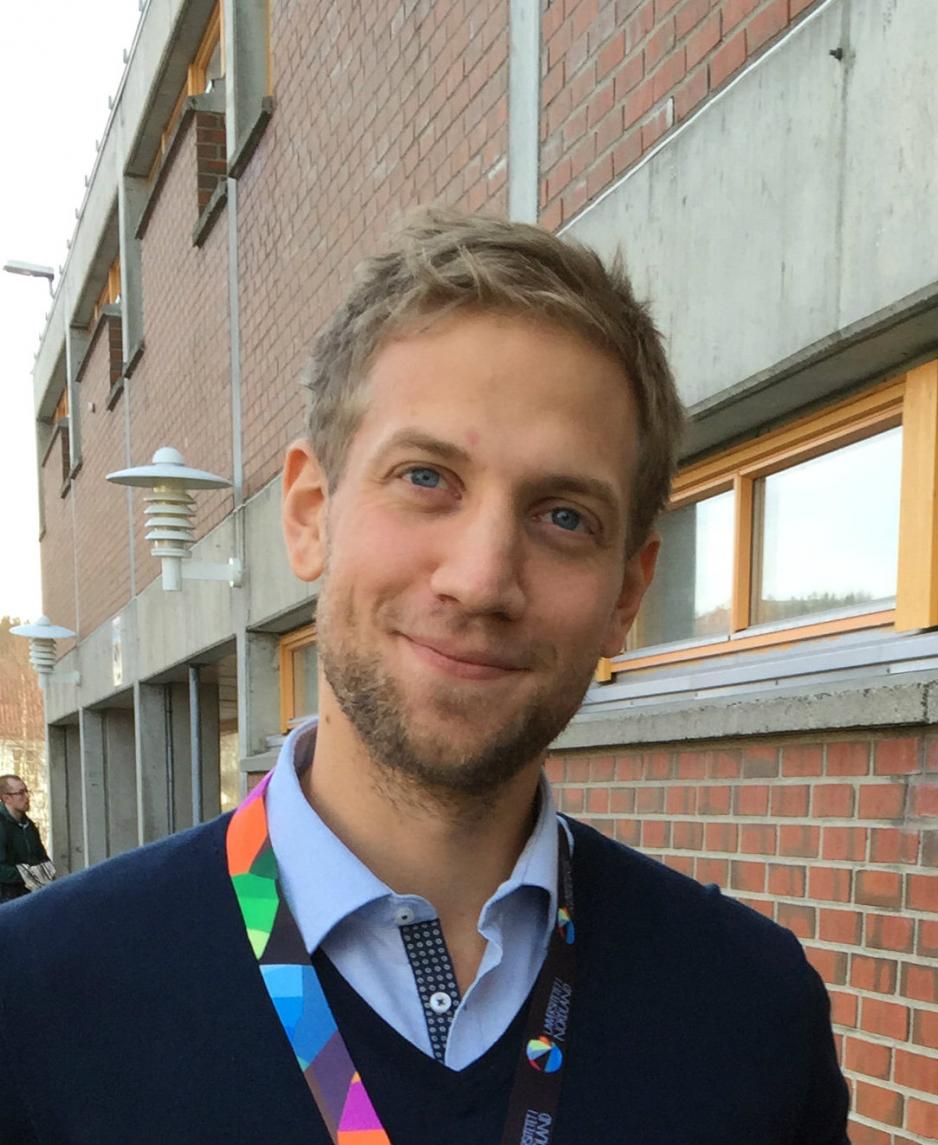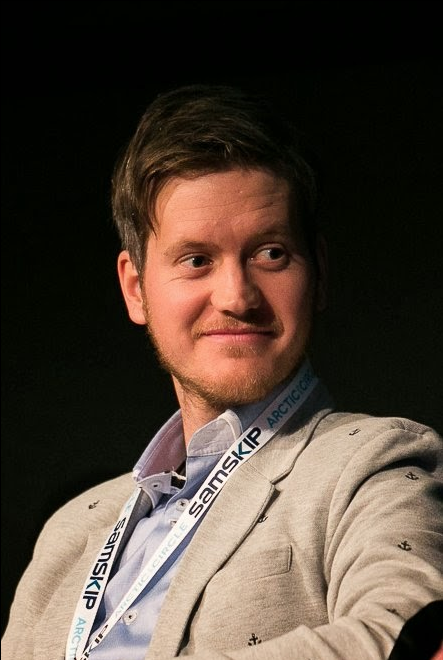The EU’s Arctic Policy: Eventually Getting Somewhere?

A longer version of this article can be found here.
The city of Bodø, North Norway’s second largest community, recently saw a number of relatively unfamiliar visitors: Members of the European Parliament (MEP). One of the MEPs ‘exploring’ Bodø, Jørn Dohrmann from Denmark, announced that it is now time for a renewed EU engagement in the north, explicitly based on the premises of the people living in the region.
And indeed, after a new College of Commissioners has taken over the European ship and the MEPs (old as well as new) have settled in Brussels again, the Arctic returns to the EU’s policy agenda. There are undoubtedly other foreign policy issues that rank higher; nonetheless 2015 could become a seminal year for the EU’s Arctic engagement.
For years now The Arctic Institute has covered the EU’s Arctic endeavor and extensively debated not only the EU’s role in the Arctic, but also the Arctic’s role in Brussels. After two policy documents without a clear direction, one could impatiently argue that it is time for the EU to carve out its own role in the Arctic.[i] This could, for instance, be accomplished by emphasizing those policy areas where the EU carries a high degree of relevance for the Arctic, like in the maritime or environmental domain, and by focusing on the parts of the Arctic closest to the European home.
2008, 2012 and 2015?
Internally, debates in Brussels have often been trapped in polarity, for instance, between the environmental interests located in European capitals like Berlin, Paris and London, and the interests of those living in, and developing, the northern areas. It is the role of the European Commission and the European External Action Service (EEAS) to embark on a balancing act between these varied interests, as they are set to release the third communication on the Arctic sometime in late 2015.
After the Commission’s first communication in 2008, some of the Arctic coastal states consequently started to question the need for a EU Arctic policy. The new communication in 2012 emphasized neutrality in some of the more delicate matters outlined above, and watered down potential policy goals and the overarching strategies. The debates in Brussels have sobered, using the same language as in the Arctic countries themselves. Now focus is on sustainable development, local concerns and resilience, combined with the three new European keywords knowledge, responsibility and engagement.
The Arctic in 2015 entails a number of sensitive issues for the EU, as for instance how to maintain cooperation with Russia, while still acting firm over actions in Ukraine and a potential resolution on the EU’s Arctic Council (AC) observer status. The EU’s member states (MS) have to take first steps concerning the legal implementation of the Polar Code.
Specific questions on how to engage Russia in an Arctic dialogue is not the job of the EU but rather the various Arctic states. It still remains to be seen how much the Ukrainian house of cards – the adversarial nexus of Ukraine-EU-Russia – will actually impact the EU’s cooperation efforts with Russia in the various European Arctic regions, e.g. through existing mechanisms in the Barents Euro Arctic Region (BEAR) and the Northern Dimension (ND).
The Arctic Council Observer Status
After a lengthy row between Canada and the EU over the EU’s import ban on seal products, Canada lifted its reservations towards the EU’s bid as a deal was struck on assistance to indigenous communities in the Canadian north.
Yet, at last week’s AC Ministerial in Iqaluit (Canada), the question of observers – and the EU in particular – was not discussed, at least not publicly. Although Canada now supports the EU’s application, it seems that the current political situation with Russia have impacted the EU’s chances of finally getting permitted as an observer. And Russia’s outspoken desire to shelter Arctic cooperation from external events seems to have faltered.
The EU subsequently has to decide how much weight to place on obtaining a more or less symbolic observer status. Participation in the AC’s working groups is not hindered, and EU-representatives have been participating – so-called ad-hoc – at the various meetings of the AC the last decade. Regardless of how the observer question is eventually dealt with in the years to come, the EU should arguably look beyond it, and spend energy and political clout on other aspects of its Arctic engagement.
Shipping, Fisheries and Regional Development
Of particular relevance to the EU and the Arctic alike is the implementation of the Polar Code. The code itself is a positive step forward, facing necessary challenges of Arctic environmental concerns; however critical voices remain concerning the code’s eventual efficiency.
As the code enters into force the EU (including the European Economic Area countries Iceland and Norway) – controlling more than 40% of world gross tonnage – can play a role making sure its MS adhere to the new regime. Consequently, the EU could assist its MS in their respective Polar Code implementation and ensure the correct execution therefore - if, however, the Polar Code is transposed into EU legislation.
Similarly, one third of the fish caught in the Arctic are sold on the European market, while the EU and its member states also hold approximately 4% of Arctic fisheries quotas. When wielding this leverage, the EU has a chance to actively pursue a fisheries policy that is aimed at a sustainable yield of the stocks.
Finally, as some of the Arctic regions of Europe have been demanding for a long time, the EU could wield its regional development tools in the Arctic more efficiently. As the Commission itself argues, €1.98 billion went to funding of regional development in the Arctic through EU-led programs, in the period 2007-2013.[ii] Streamlining these funding mechanisms, and amplifying them towards achieving some of the lofty European ambitions in the north, is a step forward for the EU’s Arctic engagement.
Conclusions
2015 is going to be a revealing year for the EU in the Arctic. Given the lack of an outcome at the Iqaluit Ministerial Meeting, it needs to decide whether or not to hinge its Arctic engagement on an arguably symbolic title as an observer. Active engagement, or reputation and recognition only, is the question. At the same time, international attention to the Arctic has decreased, with a low oil price, fewer trans-Arctic shipments, and tensions between ‘the West’ and Russia over Ukraine.[iii]
Yet, this should have relatively little impact on the EU’s Arctic engagement. Commercial interests might not be in the driving seat anymore, but the climatic conditions are nonetheless changing, and regional development still takes primacy.
Similarly, diplomatic efforts to include Russia in any collaborative scheme for the Arctic are integral to success in developing the region while also tackling arising challenges. In this respect, the EU plays a detrimental role, wielding a multitude of sticks and carrots.
Finally, with a mandate to implementing and improving policy areas that reach beyond each MS, the EU’s role in environmental regulation with regards to shipping and fisheries should not be underestimated. This could also be highlighted to the benefit of the Arctic, as the EU sets somewhat loftier goals in its Arctic policy engagement.
[i]The first Communication, COM(2008) 763 final, was published in November 2008; the second, JOIN(2012) 19 final, in June 2012.
[ii]It has to be noted, however, that the budget is substantially backed by Finland and Sweden.
[iii]See for instance an article in The Economist, entitled ”The Arctic: Not so cool” from January 31, 2015: http://www.economist.com/news/international/21641240-hype-over-arctic-recedes-along-summer-ice-not-so-cool


